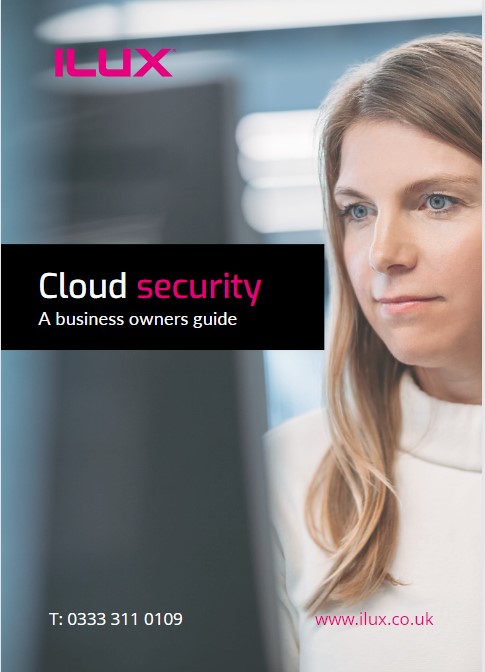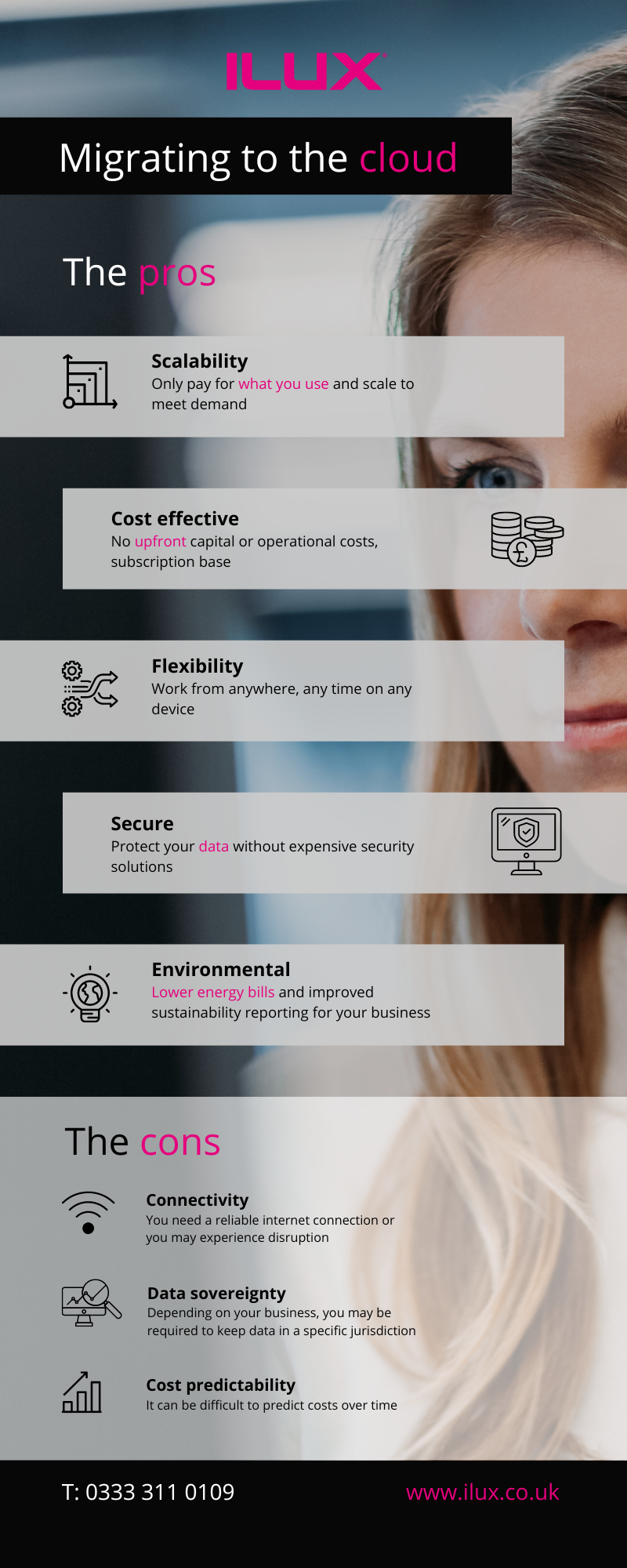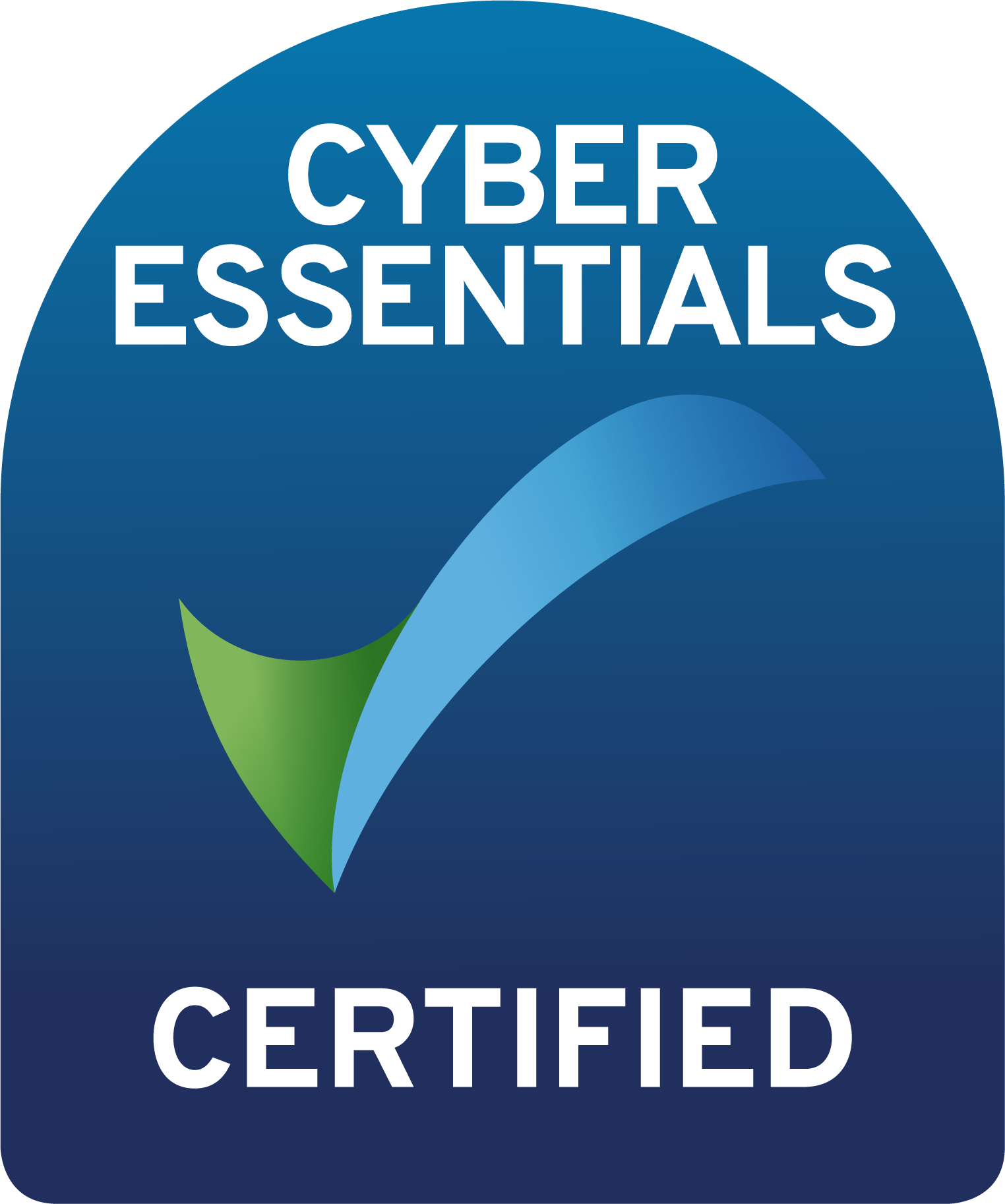Cloud computing can help your business realise its full potential, increase productivity and improve collaboration with your whole team. There are many benefits to migrating your data into the cloud, and some drawbacks too.
James Tilbury looks at the pros of cons for SMEs
Pros:
Scalability:
Running a business means that you have to evaluate every purchasing decision to make sure it will deliver a return on your investment. Migrating to the cloud means you can scale your resources up or down as needed. There are no additional hardware costs and you don’t have the responsibility of managing and maintaining optimising costs and improving efficiency.
Cost-effectiveness: Cloud computing means that you don’t need to invest in expensive hardware and infrastructure. Instead, you only pay for the services you use on a subscription basis, reducing capital expenditure and operational costs.
Flexibility: Cloud computing gives you and your staff the flexibility to work from anywhere, at any time, using any device with an internet connection. This can help to improve productivity, collaboration, and innovation.
Security: Migrating to the cloud means that you have robust security measures in place to protect your customers’ data and applications. You benefit from these measures without having to invest in expensive security solutions. Read more>>
Environmental: Migrating to the cloud means that your energy bills will be lower. An on-premises server uses quite a large amount of power to run and maintain the environment it is in. Read more>>
Cons:
Connectivity: Cloud computing requires a stable and reliable internet connection. If you have issues with your connection you may experience disruptions or delays. However, this is easily managed by upgrading your internet access at the same time.
Data sovereignty and compliance: Your business may be subject to regulations that require you to keep data within a specific jurisdiction. Cloud computing may not always offer the flexibility to meet these requirements.
Cost predictability: While cloud computing can be cost-effective, it can also be difficult to predict costs over time. We can support you in monitoring usage and costs to avoid unexpected charges.
Although there are some potential drawbacks to upgrading to the cloud, the benefits typically outweigh the risks. It’s important to carefully evaluate the needs of your business and choose a system that meets your needs while offering a high level of reliability and security.
There’s no right or wrong answer to the cloud vs physical server decision. Each business is unique and will have different requirements. We can help you set out your options and support your decision-making process.
Get in touch today and see how your business could save time and money by embracing cloud technology.

James Tilbury
Chief Executive Officer
james.tilbury@ilux.co.uk
Tel: 01480 501500
Mobile: 07834 850809
For James’s other articles, blogs and insights, click here.
Cyber extortion – what does it mean for your business?
Cyber extortion – what does it mean for your business? Cyber extortion is growing at an alarming rate and is a significant threat to your business, no matter its size. ALL organisations need to be aware of the risks and how to mitigate them. James Tilbury, CEO [Read more]
Ransomware threats are surging – here’s how to protect your business
Ransomware threats are surging – here’s how to protect your business Imagine turning on your computer one morning and discovering that all your crucial files – from customer data to financial records – are locked. Completely inaccessible. Then, a menacing message demands a ransom to unlock [Read more]
Preparing for the Future: Why Upgrading to Windows 11 is Crucial for Your Business
Preparing for the Future: Why Upgrading to Windows 11 is Crucial for Your Business As a business owner or director, you will, no doubt, be familiar with the constant need to balance operational costs with the need for up-to-date technology. While upgrading hardware might seem like [Read more]







